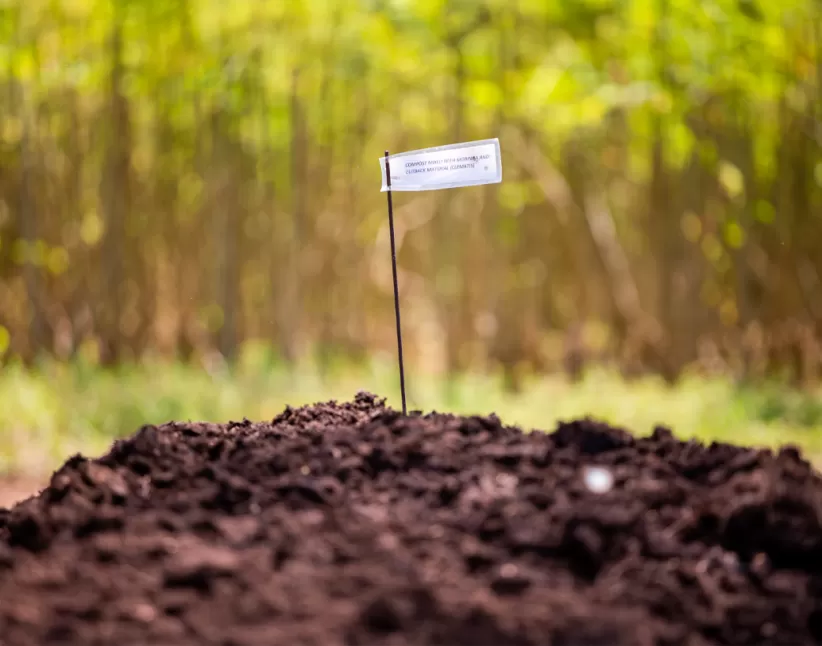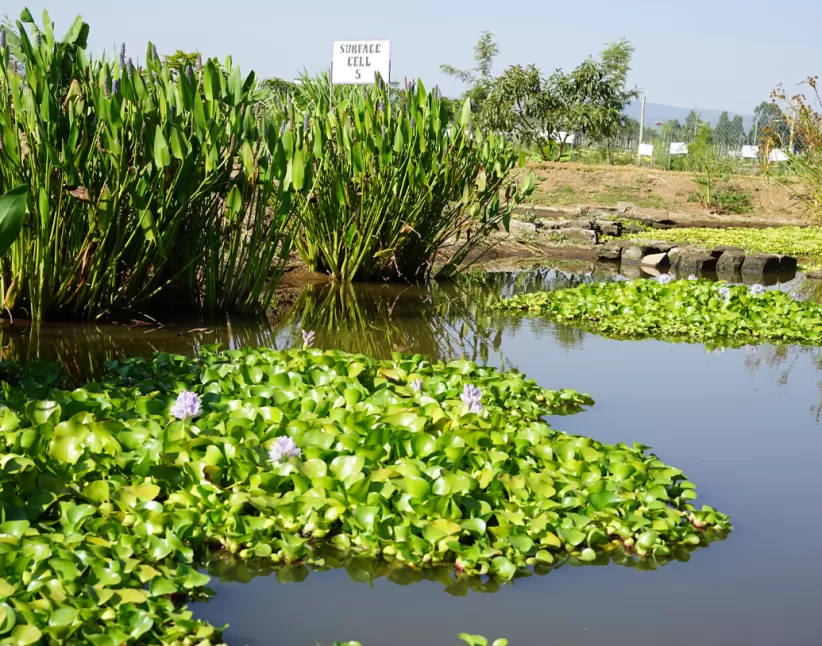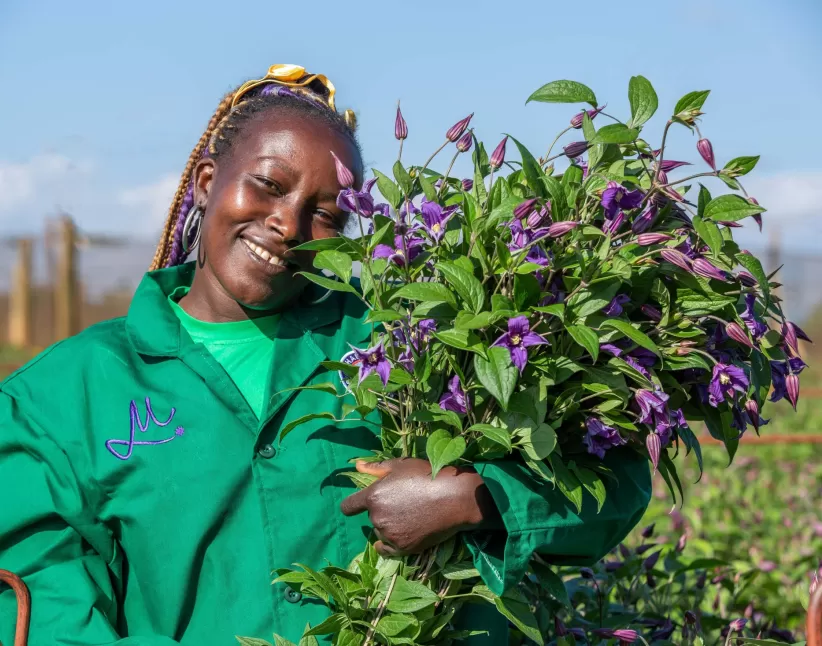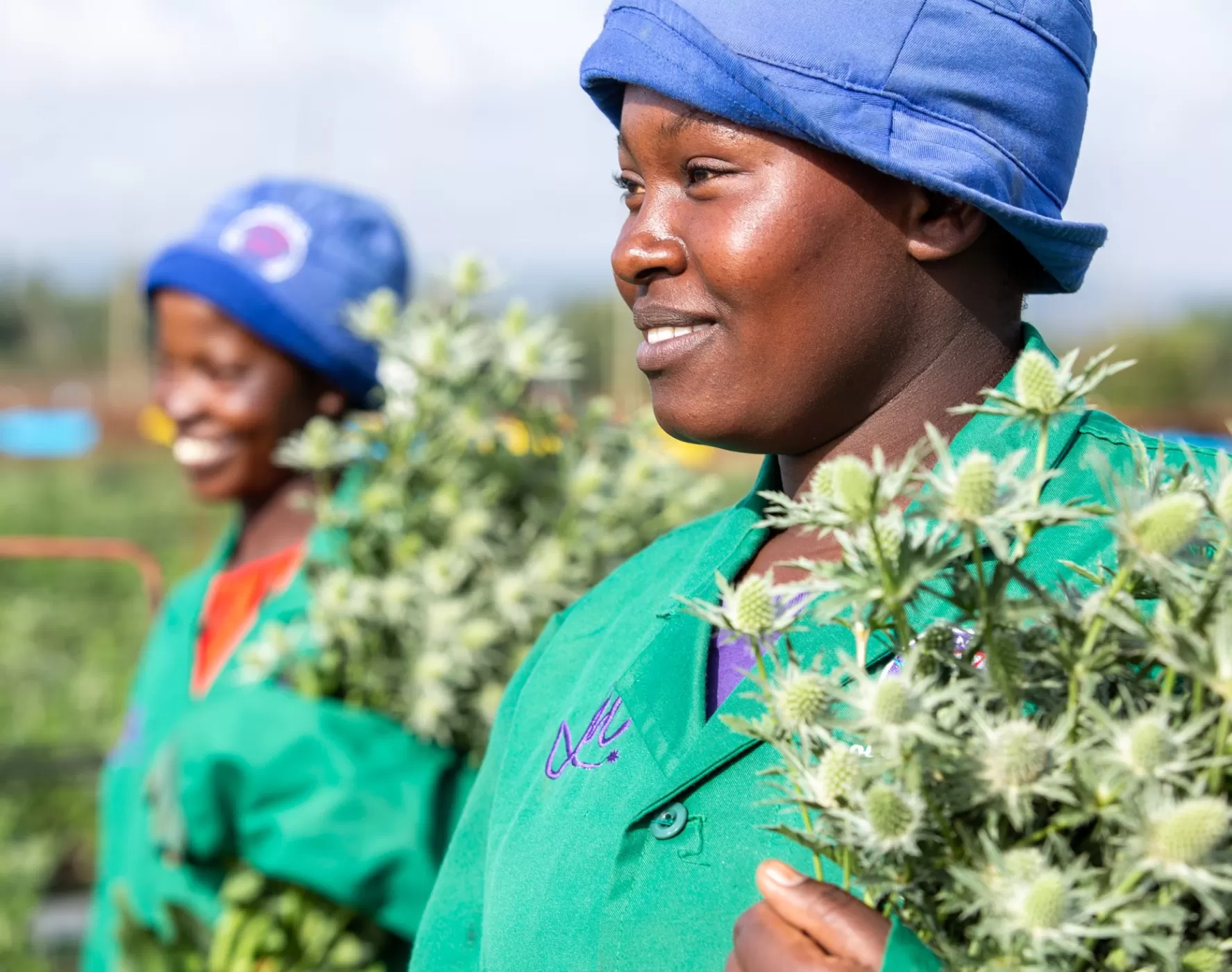
e often get questions about sustainability at our flower farms. Here, we answer your most-asked questions about how Marginpar is working with nature, not against it, to grow flowers that are beautiful in more ways than one.
1| How do you nurture soil health and biodiversity
Healthy soil creates thriving ecosystems, resilient plants, and ultimately, stunning flowers. At Marginpar, we've embraced a nature-first approach, working with the earth rather than against it. One key strategy? Enhancing biodiversity. An example of that is our vermiculture units. These units house worms that create "worm tea" (fondly nicknamed "jungle juice" by our team) which is packed with beneficial bacteria and nutrients. It gives our soil a boost while cutting down on the need for synthetic fertilisers.
2| What natural methods do you use for pest control?
When it comes to pests, our motto is biology first, chemistry last. Sticky traps, light traps, pheromone traps, and natural predators all help us minimise chemical sprays. Our Integrated Pest Management (IPM) system ensures synthetic interventions are a last resort. We work with our breeders to develop more pest-resistant varieties, especially important for outdoor growing.
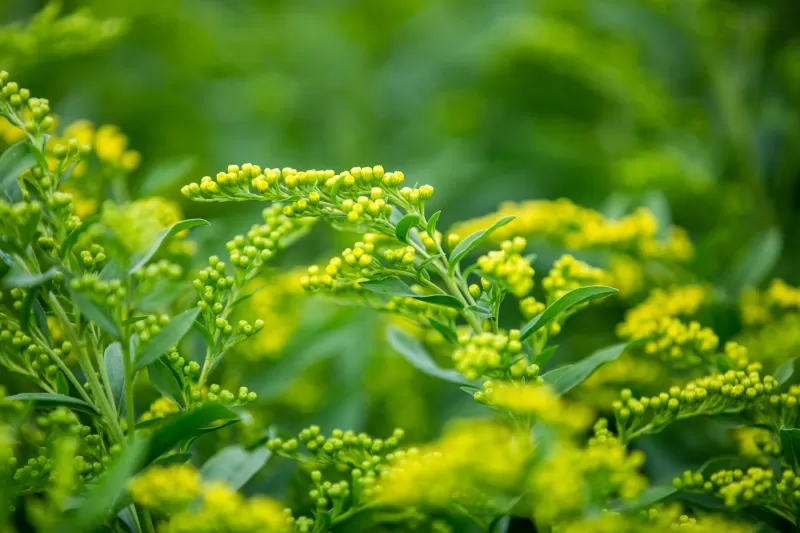
3| What happens to plant waste on your farms?
We embrace a circular approach to farming. All plant waste is composted and returned to the soil, enriching it with organic matter. This practice not only improves soil fertility but also enhances water retention and supports a thriving ecosystem of beneficial micro-organisms. Our composting process is part of a broader strategy that includes the use of vermiculture and biochar to maintain healthy, resilient soils.
4| How do you support pollinators?
Pollinators like bees and butterflies play a vital role in healthy ecosystems. Many of our farms have built beehives to welcome these pollinators and keep them around. We see them buzzing around our fields. They especially seem to love our Hypericum flowers!
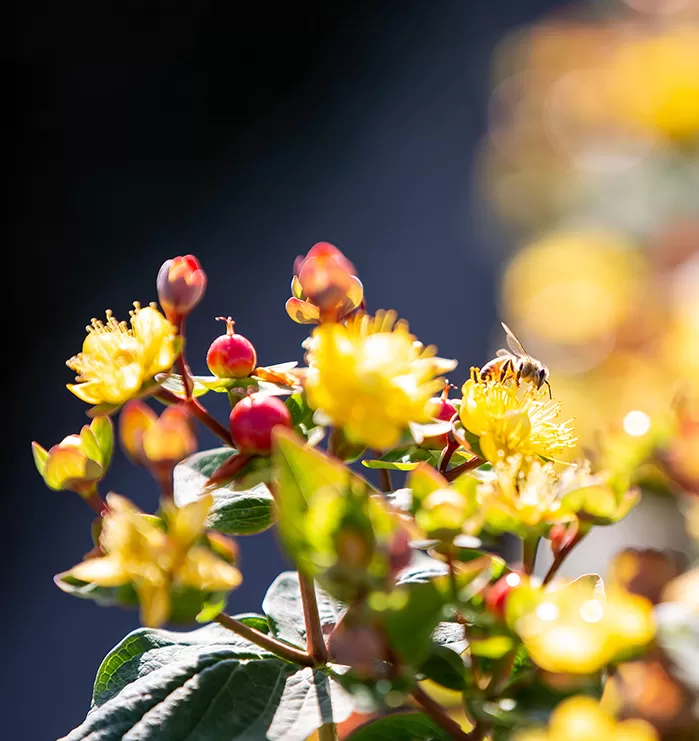
5| How is water use managed sustainably?
We harvest and store rainfall for efficient water use, while advanced sensors monitor soil moisture levels at the roots to prevent waste. We also have constructed wetlands to be able to recycle and reuse waste water for irrigation. These engineered systems allow us to treat waste water from our facilities and reuse it to irrigate our flower fields. Not only does this process help us conserve water, but it also protects local ecosystems and reduces our environmental impact.
6| How does Marginpar support the people and communities behind its flowers?
Sustainability means caring for people too. We invest in our teams and their communities; offering healthcare, warm meals, and ensuring a supportive and healthy work environment. Through the Marginpar Foundation, we support schools, clean water access, and local infrastructure. By empowering individuals and fostering community development, we aim to create a positive lasting impact.
7| How do you ensure optimal vase life for your flowers?
Through our long-standing collaboration with Chrysal, we've developed tailored pre-treatment recipes for each product, and sometimes even for individual cultivars. These customised solutions are designed to maximise vase life and maintain the highest quality. Depending on the variety, our flowers typically offer a vase life of at least 10 days. (Craspedia fans, rejoice, it lasts seemingly forever!)
8| Is the packaging biodegradable or recyclable with eco-certification?
We're not quite there yet, but it's a top priority for us. We're actively working on a truly responsible alternative, one that also meets our high standards for quality and performance.
9| How are carbon emissions from transport addressed?
Air transport is part of our logistics, and while it's not ideal, we're doing what we can: optimising packing, cutting out steps in the chain (like shipping directly to UK partners), and trialling sea freight (every flower variety must first be tested, which takes time).
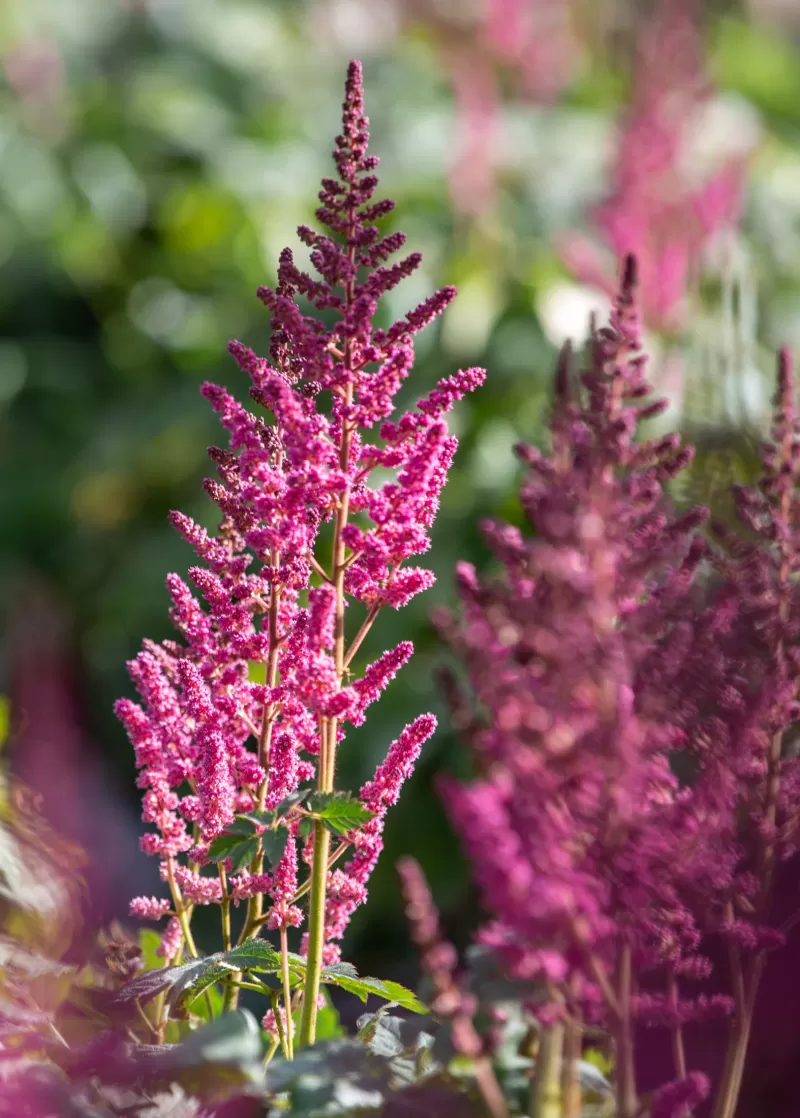
10| Are there innovations to reduce your footprint further?
Definitely. Sustainability isn't a destination; it's a journey. All Marginpar flowers grow outdoors, so we don't need heating, just minimal lighting (only LED), and use solar panels, and mostly green energy from the grid. But sustainability isn't just about emissions. We take a holistic approach to long-term sustainability. Our approach aligns with Environmental, Social, and Governance (ESG) principles to ensure a positive impact on the planet, our people and the industry.

